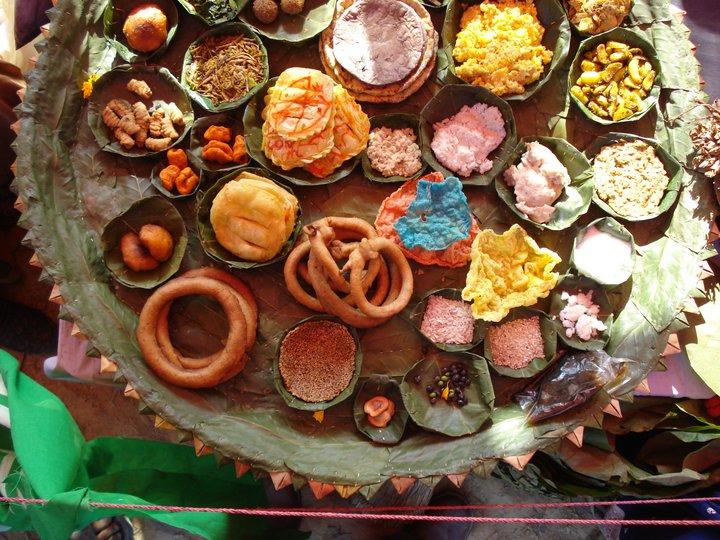Improved nutrition through sustainable food choices

The food choices you make for a healthier you and a healthier ecosystem must consider nutritional, environmental and cultural trade-offs. Read more in this 2013 Annual Report story.
The food choices you make for a healthier you and a healthier ecosystem must consider nutritional, environmental and cultural trade-offs. In the same way, choices being made by farmers and manufacturers must ensure that food is accessible, affordable, nutritionally adequate and culturally acceptable, and respects the environment by optimizing the use of natural and human resources.
The emerging and exciting research area on sustainable diets looks at food and food systems, taking into account food diversity and how it can be produced and acquired across all seasons and under different economic circumstances.
Research by Bioversity International is contributing to the understanding and promotion of sustainable diets. In particular, we are looking at how whole food systems – including policies and investments throughout the food value chain – can provide people with access to safe, diverse, nutritious and healthy food throughout the year. This represents a shift away from relying on single nutrients or foods to treat nutrient deficiencies, towards using the best combinations of foods to maintain good nutrition and health over the long term.
In 2013, the CGIAR Research Program on Agriculture for Nutrition and Health adopted whole-diet approaches within its research strategy for the first time. Moreover, Food Tank named Bioversity International in its list, '40 organizations that are shaking up the food system'.
"We should put people at the centre of research on sustainable diets as food is an expression of their culture," said Bioversity International researcher Céline Termote at the conference on Forests for Food Security and Nutrition in May.
"Understanding local knowledge on the wealth of plants and animals that people use but are losing is necessary if we are to respect and promote diverse food cultures."
In September 2013, Bioversity International and the Daniel and Nina Carasso Foundation held a symposium Sustainable Food and Diets: From Theory to Evidence-based Successful Practice, at the IUCN 20th International Congress of Nutrition in Spain. It highlighted Bioversity International's ongoing work to establish a community of practice on metrics and indicators to understand and quantify the sustainability of food systems – much-needed tools in this complex and evolving cross-cutting field. This work has been the basis of active involvement with universities, research organizations, foundations, governments and even large food companies.
By emphasizing the nutritional qualities and environmental resilience of agricultural and forest systems, as well as their cultural relevance, Bioversity International is leading the way as to how certain combinations of many healthy – and sometimes forgotten – foods can secure a safe, culturally appropriate and sustainable food supply for both present and future generations.
Read the entire Annual Report 2013 here.
Photo: Assortment of traditional foods at diversity fair, Nepal. Credit: LI-BIRD/P.Shrestha
